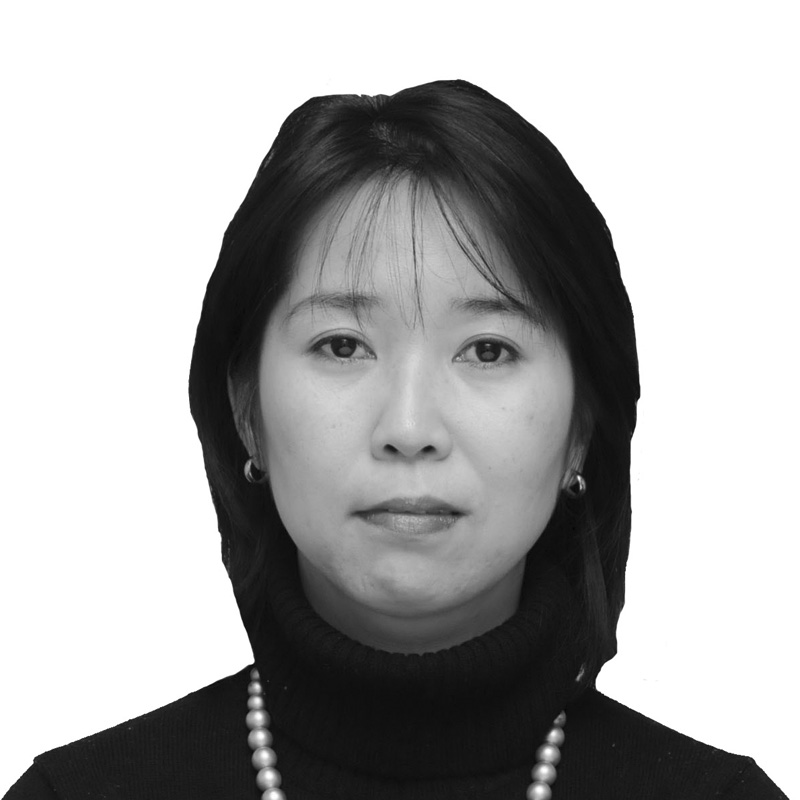
Sayuri Daimon
Sayuri Daimon is an executive operating officer and the managing editor of The Japan Times. Daimon is the first woman to fill this role in the newspaper’s 116-year history. Since joining the newspaper in 1991, she has covered various fields as a staff writer, ranging from politics to business. She became Domestic News Division Manager in 2006, Deputy Managing Editor in 2008, and Executive Operating Officer from July 2013. She was awarded the Nieman Fellowship at Harvard University in 2000.
Oct 23, 1997
Oct 20, 1997
Oct 1, 1997















